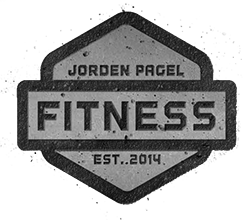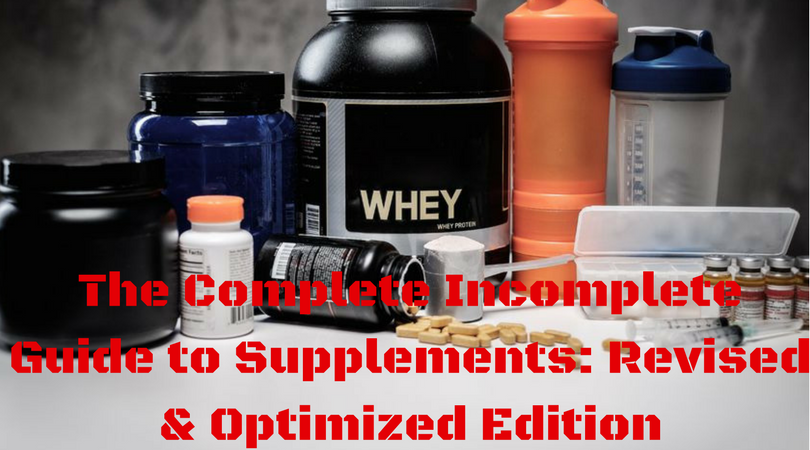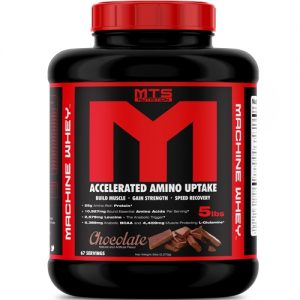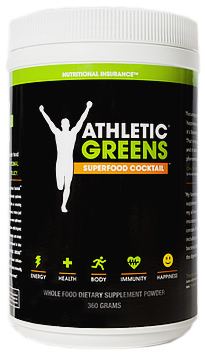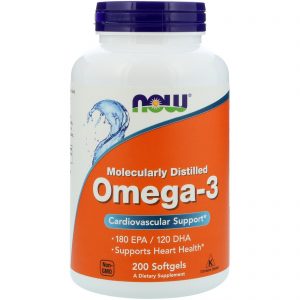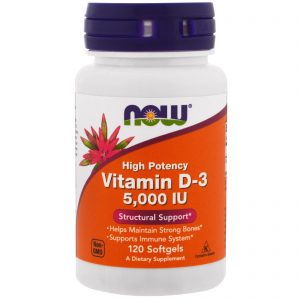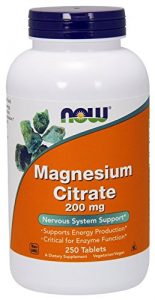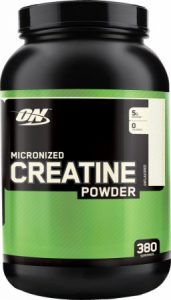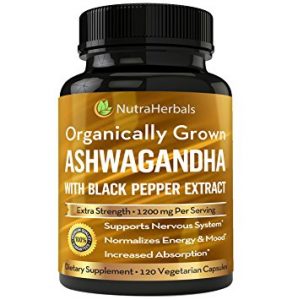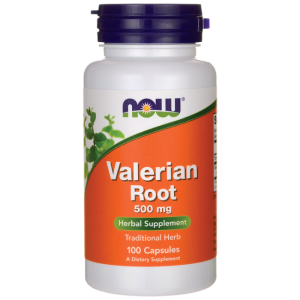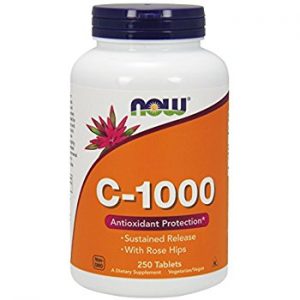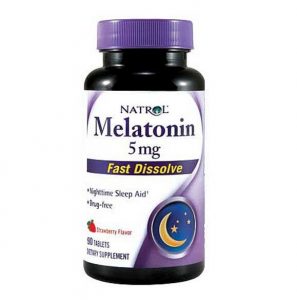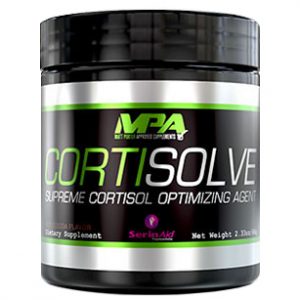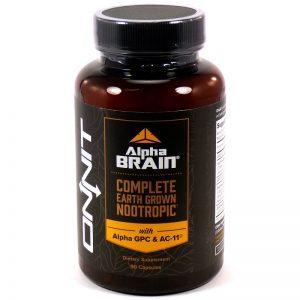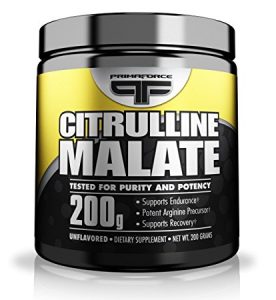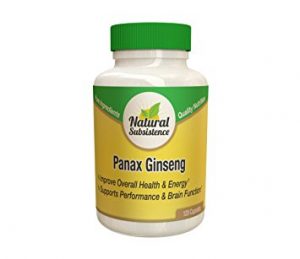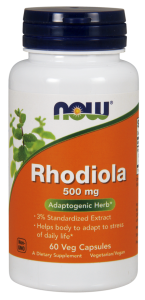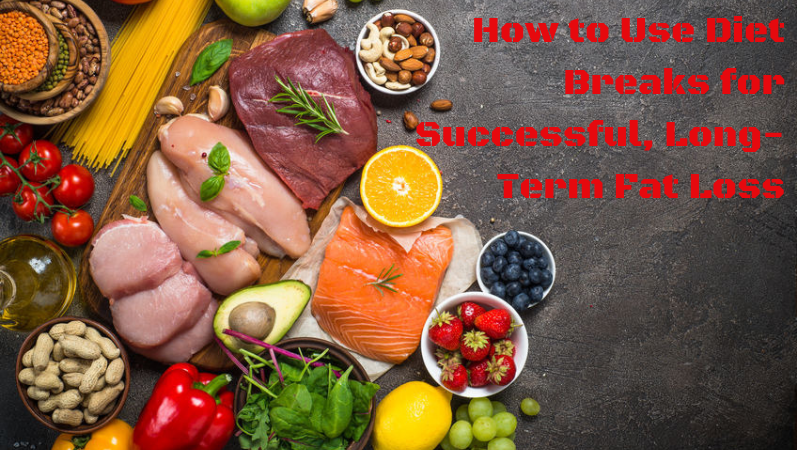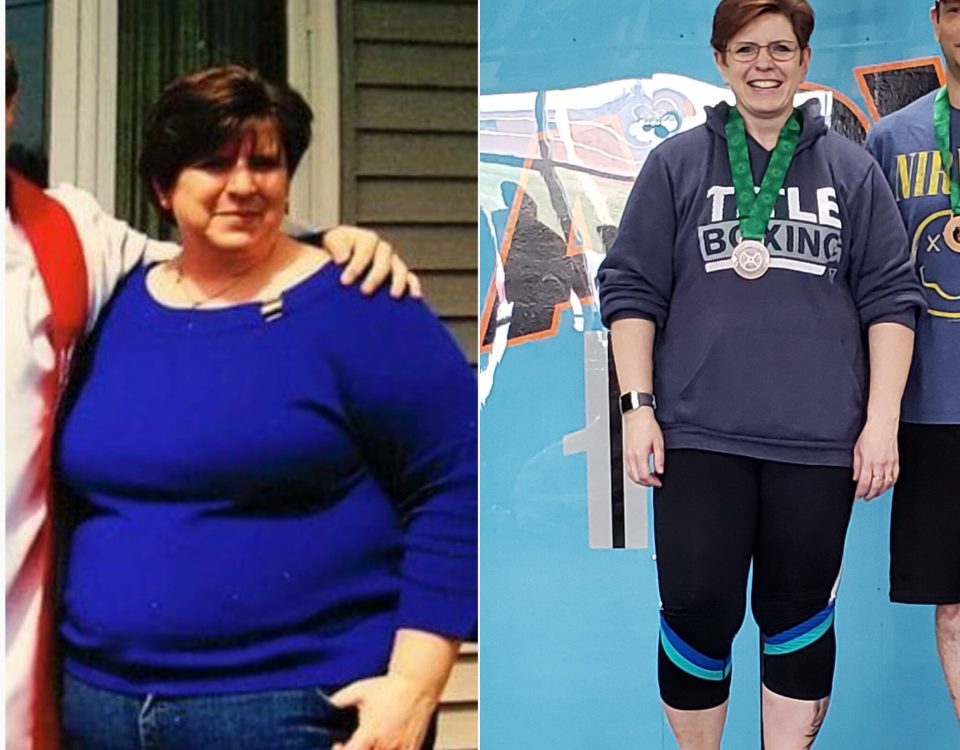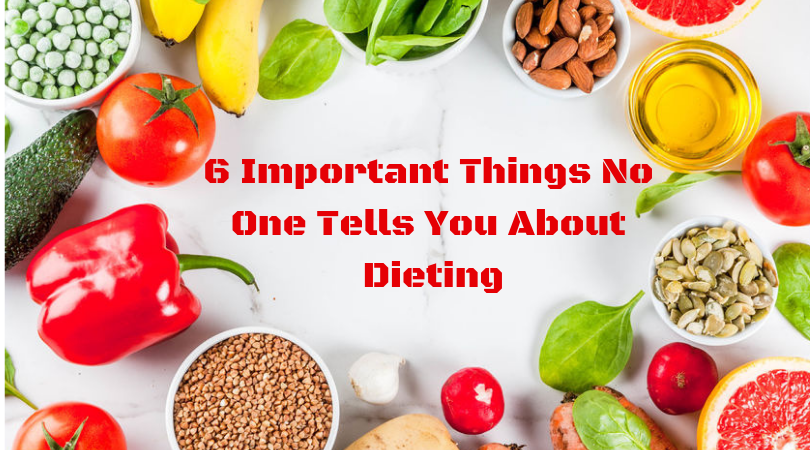The Complete Incomplete Guide to Supplements: Revised and Optimized Edition
(This guide was updated on 11/16/17 to reflect my most recent thoughts, research, and testing on supplements)
As a coach, one thing I get asked about a lot is supplements.
Everyone seems to have an opinion on supplements. There are those who feel they’re completely unnecessary, those who sell supplements to make a living, and a whole hell of a lot of people who fall somewhere in the middle; including me.
I used to take supplements because that’s what the “experts” and authority figures told me I needed to do in order to see progress. Because I was clearly incapable of thinking for myself, and wanted a quick-fix to get results.
Now I take them because I have a much better understanding of what they do, which ones will help me reach my goals, and which ones are complete crap.
In order for a supplement to make it into my stack of recommendations, it needs to pass my thorough vetting process.
It either needs to have a good amount of independent research behind it (I use Examine for a lot of my supplement info) and/or come recommended by someone I know and trust. And even then, I would never recommend it to a client if I haven’t researched and tried it myself.
So that’s why I created this guide: To give you a complete breakdown of all the supplements I’ve tested that could be worth checking out, and ones that probably aren’t.
Are Supplements Necessary?
Before we get into discussing different kinds of supplements, we first must answer the burning question most people have about them:
“Are supplements necessary?”
The dictionary defines supplement as:
“Something that completes or enhances something else when added to it.”
So, looking at that definition, the short answer to the question is “No, supplements aren’t necessary.”
The longer answer though is, “It depends.”
I look at supplements as all about optimization: Taking something that you’re already doing pretty well, and adding something else to make it the best it can be.
Much like nutrition timing doesn’t matter in your diet if you’re eating too many calories, or slow eccentrics won’t matter in your training if all you’re doing is bicep curls and sit-ups, supplements won’t matter much if you don’t have the basics down first.
The basics start with your diet, training, and lifestyle habits. Once those have been taken care of, supplements can act as the proverbial cherry on top.
Now, assuming you you’re following a good plan, or have a great coach, let’s assume the basics are taken care of. Here are the supplements I use for complete diet, training, and lifestyle optimization…
Your Guide to Using Supplements for Diet, Health, Training, & Lifestyle Optimization
Diet
We’ll start with the area that can have the biggest impact on all areas of your life: Diet. What supplements are there that – after you have your nutritional basics down – can help you optimize your diet?
Protein Powder
We’ll start with protein because it is probably the most widely used supplement on the market.
We know that protein is extremely important. It helps build and maintain muscle, provides a satiating effect while dieting, and has a high thermic cost. Resistance training and protein go hand-in-hand. If you’re lifting heavy objects, you need to be consuming an adequate amount of protein.
People use protein powder for two main reasons: Either they have trouble getting enough protein from whole foods in their diet, or for convenience sake.
Make no mistake; you do not NEED to consume a protein supplement. Foods containing protein are fairly easy to come by. Eating enough of those foods without feeling like you are going to explode, however, can take some practice. That’s where protein powders come in.
There are many different kinds of protein powder: whey, casein, soy, egg, plant, unicorn…okay, maybe not that last one, but you get the point.
Personally, I just use whey. Casein is probably the second most popular because it’s slow-release, meaning it takes longer to digest, but I’ve never found one that tastes good enough that I want to continue to use it.
I actually do end up recommending protein powder to a lot of my clients when they first start.
For a majority of people who come to me for coaching, their protein intake on their plan is going to be higher than they’re used to. Protein powder is an easy and effective way to help “fill the gap” while they get used to eating more protein.
The other advantage to using protein is that it’s convenient. No time to make lunch? Need some quick post-workout nutrition? Mix up a shake, right quick.
Protein also works well for when you’re on poverty macros and need to add protein to your diet without impacting carbs or fat.
Quest Nutrition’s protein powder has become my go-to. It’s probably the best-tasting one that I’ve come across, and the macros are really good.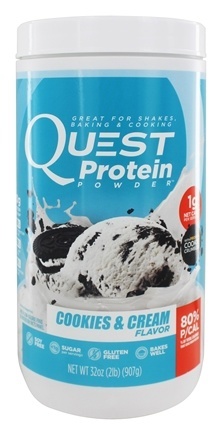
MTS also makes a great tasting whey.
Check out Quest Nutrition and MTS
Multivitamins
Multivitamins are meant to help fill nutrient gaps in your diet. You want to try and get as many vitamins and minerals as possible from the foods you eat, but let’s be honest, that doesn’t always happen.
The problem with most multivitamins is they’re poorly absorbed, and you’re often not getting everything you paid for.
For a lot of us, our biggest problem is we don’t eat enough nutrient-dense foods. And yes, I’m talking about fruits and veggies.
Now, I want you eating more veggies, don’t get me wrong. However, I also struggle in this area, and the reality is, sometimes you’re just not going to get all the vitamins and minerals you need.
A good “insurance policy” here is a greens supplement. These are supplements designed to help deliver a day’s worth of nutrients in one drink.
My favorite that I’ve found so far is Athletic Greens. Just one serving contains the nutrient equivalent to ten servings of fruits and vegetables. It also contains probiotics and enzymes to help with gut health and digestion.
If you’re someone like me, and is fairly inconsistent with their veggie intake, I would probably recommend having a greens supplement on hand. Athletic Greens is the best I’ve found so far, but this is one area that I’m continuously testing and researching different products.
Check out Athletic Greens here
Fish Oil, D3, Magnesium, Probiotics, & Digestive Enzymes
Beyond a general health supplement like a greens powder, there are certain specific supplements that many people could benefit from, simply because most of us don’t get enough through our diets.
The main – and probably most beneficial – ones include omega-3 fish oil, vitamin D3, magnesium, probiotics, and digestive enzymes.
Omega-3 Fish Oil
Fish oil is arguably one of the most popular supplements on the market in recent years. And for good reason: omega-3 fish oil has been shown to provide a whole host of health benefits.
Omega 3’s, and their counterpart Omega 6’s, are called essential fatty acids, which means the body needs them to function properly. Our bodies, however, cannot produce these themselves, so we must get them from our diet.
Unfortunately, the western diet is very high in Omega-6 fatty acids, and low in Omega-3 fatty acids. This is because of the large amounts of meat, eggs, and highly processed vegetable oils we eat (which are high in Omega-6), and the low amount of fatty fish (high in Omega-3).
A diet high in Omega-6 fats leads to higher levels of inflammation in the body. And while some inflammation is necessary to protect the body from injury, excess inflammation has been linked to some of the most serious diseases human beings face, such as heart disease, diabetes, Alzheimer’s, and many forms of cancer.
On the other side, Omega-3’s are anti-inflammatory. Omega-3’s are made up of eicosapentaenoic acid (EPA) and docosahexaenoic acid (DHA). A diet with an Omega-3 to Omega-6 ratio of 1:1 leads to healthier blood vessels, lower risks of diseases, and reduce blood triglycerides associated with heart disease.
250 mg of combined DHA/EPA is sufficient for general health and can easily be obtained through your diet, but closer to 1g combined per day may be more beneficial, according to the American Heart Association.
If you don’t eat a lot of fatty fish, then supplementing with Omega-3’s would probably be beneficial. I use Omega-3 by Now Foods
Check out Now Omega-3 fish oil
Vitamin D3
Vitamin D3 isn’t found naturally in most foods. You can get what you need from direct sunlight, but if you’re like me and live in a place void of quality sunlight almost half the year, supplementing with D3 is a good idea.
Vitamin D3 may be one of the most important supplements you can take to ward off a wide range of physical, emotional, and neurological issues, including:
- Reducing the risk of Type 1 & 2 diabetes
- Maintaining healthy bones and preventing osteoporosis
- Fighting off Alzheimer’s and other neurodegenerative diseases
- Increasing immune system health
- Alleviating depression and fatigue
- Reducing the risk of breast, prostate, and colon cancers
- Supporting hormone function and boosting fertility
Additionally, vitamin D3 is probably one of the most important vitamins for men as it helps support healthy testosterone levels.
If you’re not getting at least 20 minutes of direct sunlight a day, you need to be taking vitamin D3. And even if you are, more can’t hurt. Aim for 5,000 IUs per day.
Magnesium
Magnesium is probably one of the most often overlooked minerals when it comes to our overall health.
Magnesium is involved in over 600 reactions in the human body, from energy creation, movement, and nervous system function. It can help improve exercise performance, fight off depression, improve sleep, and reduce inflammation; while low magnesium intake has been linked to type 2 diabetes, osteoporosis, heart disease, asthma, and colon cancer.
Magnesium is available through food but, unfortunately, a lot of the best magnesium sources are also high in fat – nuts, seeds, avocados, fish – so in order to get an adequate amount, you’ll also be taking in a lot of calories that you otherwise wouldn’t be eating.
The best source of magnesium is leafy green veggies, so it definitely makes sense to increase your consumption of those. But supplementing with magnesium can’t hurt either; especially because it’s cheap.
Probiotics & Digestive Enzymes
The importance of gut health is an article all it’s own. In fact, the more we learn about the human body, the more we’re learning that a lot of health problems, conditions, diseases, and even weight gain, are linked to what’s going on inside our gut.
In our gut live millions of bacteria (more bacteria than there are cells in our bodies). Some of this bacteria is good and some is bad. The good bacteria is responsible for everything from helping manufacture vitamins, digest food, enhance absorption of minerals, and much more. In fact, our gut health largely is responsible for our immune system health; as 70% of our immune system cells live in and around our gut.
So, it’s pretty safe to that gut health is important.
Unfortunately, a lot of things can negatively impact our gut health, and reduce the amounts of good bacteria. So it’s also important to help take care of our gut. This is where probiotics and digestive enzymes come into play.
Probiotics are created via fermentation. So foods like yogurt, buttermilk, sauerkraut, and other fermented foods are good sources of probiotics.
Digestive enzymes, on the other hand, can help enhance digestion by aiding in the breakdown of carbs, proteins, and fats, for easier absorption in your intestines. Also, as we age, we naturally produce less hydrochloric acid – a key component of digestion – which digestive enzymes can deliver.
Now, if you’re in good overall health, with no digestive issues, you likely don’t need these supplements. However, given the overall importance of gut health, I find it worth it to supplement, anyway.
There are a lot of probiotics out there on the market, but know that good ones do not come cheaply. In the case of probiotics and enzymes, you get what you pay for.
I use Total Gut Health by Onnit. Onnit is one of my favorite health companies, and the quality of their products is absolutely phenomenal; which is why I trust them for my gut health.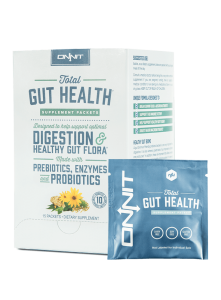
Learn more about Onnit Total Gut Health.
Training
The best supplements you can take to improve your training is one serving of good nutrition, 3x per day, and a big 7-8 hour dose of solid sleep every night. Beyond that, there aren’t that many supplements – outside of steroids – that are going to make a big impact on your training.
There are a couple, however, tried-and-true basics that I use to optimize my sessions and maximize results.
Creatine
Creatine is probably the most researched supplement in the history of supplements. Yet, there are still some out there who view it as unsafe or some sort of steroid.
Creatine is neither, however. In fact, it is one of the most effective supplements you can buy.
Creatine works by providing the body with extra energy when it needs it; immediately. While glucose is the body’s preferred source of energy, it takes a little while for your body to turn it the food you eat into usable energy. This is where creatine jumps in and provides your body the energy when it needs it, fast (think your first few reps of a lift, sprints, or other sorts of high-intensity bursts of activity).
Creatine has also been shown to improve aerobic performance, increase bone density, and improve cognitive function. For an extremely detailed breakdown on creatine, check out this article on Examine.
If you’re regularly performing bouts of resistance training then creatine will only help your performance. It will aid in increasing strength, building muscle, recovery, and provide the body with extra energy.
However, don’t be fooled into buying a creatine supplement that has creatine, plus a million other ingredients that you don’t need. A basic creatine monohydrate supplement is all that’s necessary.
I use this one from Optimum Nutrition because it’s cheap, and one bottle will last you awhile.
Caffeine
If you’re looking for something to give you that extra boost for a workout, the only one you really need is caffeine. Yes, your morning cup of coffee may be the world’s most effective pre-workout supplement.
Caffeine has been shown to help improve strength and aerobic performance, as well as increase the rate of fat loss.
For those who don’t like coffee or tea, caffeine pills are a great, quick option, that doesn’t add calories or coffee breath to your day.
The thing about caffeine is the more you use it, the more tolerance your body builds up, and the less effective it becomes. The best way to combat this is to cycle.
On days you exercise, consume between 3-6 mg of caffeine per pound of bodyweight. If you’re not used to caffeine consumption, start on the lower end.
On days you don’t exercise – or 1-2 days per week – cut your consumption to half that dose; and once per week, go without caffeine. This will help prevent your body from building up a tolerance, and maintain effectiveness.
I just drink coffee to get my caffeine; however if coffee’s not your thing, regular old caffeine pills are a good substitute.
Lifestyle
One area that I’ve recently started researching and experimenting with is more lifestyle optimization. After all, everything we do flows into everything else we do.
So, after taking care of training and nutrition, I thought how can optimize other areas of my life, to help improve my training and nutrition, while also improving my overall quality of life? And this is what I came up with:
Sleep/Stress/Anxiety
One of the biggest things I’ve struggled with the last year and a half is a lot of stress and anxiety. From building a business, and relationship issues; to battling depression, there was a lot going on in my head. And, as a result, my sleep suffered.
As I’ve talked about before, sleep is EXTREMELY important when it comes to your health. Sleep helps regulate testosterone and growth hormone production, helps you recover, and limits the release of cortisol.
The less you sleep, the more cortisol is released. As cortisol increases, growth hormone production decreases. Cortisol also hinders fat burning and can increase belly fat storage.
This optimization strategy came about rather by accident – and I can’t take credit for it. One day, I was talking to my coach, Alex Mullan, about my sub-par training sessions. And like any good coach does, he looked outside of just what was going on in the gym, and my diet, to try and find the answer.
He asked me how was my stress, and how I was sleeping. My responses were “high,” and “not well.” To which, he responded with the following glorious and magical sleep/stress/optimization cocktail:
Ashwagandha
Ashwagandha is a supplement made from the roots and leaves of the ashwagandha plant found in northern Africa and India and has been used for thousands of years to treat a number of issues and conditions.
Studies have shown ashwagandha to have benefits for treating:
- High blood sugar
- High stress, anxiety, and elevated cortisol levels
- Depression
- Low testosterone and infertility in men
To name a few.
Ashwaganhda may even help increase muscle mass, improve strength, and body composition.
Valerian Root
No, this is not some magical supplement made from the root of a tree, in old Valyria.
But it is a supplement that has been shown to have some pretty powerful effects when it comes to stress, anxiety, and sleep. In one double blind study, 89% of participants reported improved sleep after taking valerian.
Valerian root works by increasing your brain’s secretion of gamma-aminobutyric acid (GABA), which is an inhibitory neurotransmitter that in large enough quantities can cause sedation.
GABA also works by regulating nerve cells and calming anxiety. This is the same way anti-anxiety drugs work, but without the side-effects.
Valerian has also been shown to make stress levels easier to manage. By increasing the amount of GABA in your system, you essentially make it easier for your body to relax and manage stress.
Vitamin C
Vitamin C plays an important role in the body, as it’s necessary for growth and repair of all bodily tissues. It’s also a powerful antioxidant and can help protect against the buildup of free radicals that can contribute to certain diseases and many types of cancers.
Vitamin C can also help with caffeine metabolization; which can hinder sleep quality.
Melatonin
Melatonin is a hormone secreted by the body to help trigger you into falling asleep. Under normal conditions, melatonin is produced in the evenings when it gets dark. However, the increase in the use of artificial light has changed the body’s natural melatonin production process, causing it to release less.
Cortisolve
Cortisolve is designed to decrease the post-exercise cortisol spike. While cortisol itself is not inherently bad, too much cortisol suppresses testosterone production. By limiting the amount of cortisol in your system, you can improve testosterone production, – which is key for muscle growth – exercise capacity, reduce muscle soreness, while also reduce stress and anxiety that can come as a result of excess cortisol production.
Together, these five supplements form what I have found to be an extremely impressive sleep aid, and anxiety suppressor.
Here’s the magic formula:
- Cortisolve – 1 scoop under the tongue; either post-workout or with the valerian
- Ashwagandha – 600 mg per day, first thing in the morning
- Valerian Root – 500 mg, 30-60 minutes before bed
- Melatonin – Start with 2.5 mg, and work up until you have fucked up dreams; then scale back by 2.5 mg and stay there
- Vitamin C – 3-5g before bed
Cognitive Function
As someone who runs multiple businesses, while working with close to 100 clients, I need to remain sharp and focused as much as possible. Sleep is great for this. But, when I need a little extra mental boost, I take Alpha Brain.
Alpha Brain is a fully-balanced nootropic, or cognitive enhancer. In other words, it helps you think better.
Nootropics are a type of supplement designed to increase cognitive and mental function. They work by helping your body increase neurological components that help you remain calm, focused, and mentally driven, as well as clear away mental fog and free radicals. This results in better sleep, focus, and mental acuity. People taking nootropics also report having deeper sleep, and more lucid dreams.
There are a lot of supplements that can fall into the nootropic category. And while many of them show no strong evidence in support of increased cognitive function, the main ingredients in Alpha Brain – Alpha GPC, Huperzia Serrata, and Vinpocetine – do.
Some studies done on Alpha GPC have shown cognitive-enhancing properties, and may help prevent cognitive decline in the elderly. Huperzia is has been primarily found to aid in neurotransmitting – particularly when it comes to learning – while Vinpocetine works to help protect the brain against toxins and neural inflammation.
Do all these ingredients actually do what they’re supposed to? To be honest, I really don’t know. I’m not a scientist. But what I can say is, for me at least, there’s a noticeable difference in my mental clarity and sharpness when I take Alpha Brain compared to when I don’t.
And for the benefit of me and my clients, I need to be sharp. I need to be on my A-game. So even if it’s just the placebo effect at work, it’s still worth it to me to supplement with Alpha Brain.
There’s that much of a difference.
Learn more about what is probably my favorite supplement.
Sexual Health
Now we’re getting to the fun stuff.
I should start with the disclaimer that my research in this area so far extends only to supplements that can help men optimize their sexual performance…mostly because it would be hard to test supplements designed to help women optimize their sexual performance, on myself.
However, what can help one partner improve in the bedroom, benefits both.
There are two main ways in which supplements can help improve performance and erection quality. The first is by increasing blood flow.
The precursor to a healthy erection is a good supply of nitric oxide (N.O.). When N.O. is released, it relaxes the muscles surround the blood vessels in the penis, allowing the blood vessels to widen, and more blood to flow through. After the initial arousal state, the body releases more N.O. to help you maintain an erection.
When the body can’t release enough N.O., this is when erection quality suffers.
The second way in which supplements can help improve performance is by directly influencing testosterone.
Low testosterone has been linked to a number of issues, including decreased libido, lowered sexual performance, and erectile dysfunction.
Certain supplements, like DHEA and fish oil, work by positively affecting the hormone production that are precursors to testosterone.
Similarly, zinc and magnesium have positive effects on testosterone, by decreasing the body’s production of estrogen.
Other supplements, like we’ll talk about below, work to directly affect testosterone levels, while also positively impacting erection quality, and sexual performance.
Now that we know the ways in which supplements affect our sex lives, let’s take a look at some of the best ones out there I’ve found, that can help you improve your sexual health and performance.
L-Citrulline
While L-arginine is one of the more popular natural sexual aid supplements out there, L-citrulline may actually work better; according to this study.
The reason? Well, as we talked about above, when nitric oxide is released, it helps you achieve an erection.
And while L-arginine is a precursor to N.O., the study shows that supplemented L-arginine moves through your system too quickly to have much of a positive effect.
On the other hand, L-citrulline is the precursor to L-arginine, and sticks around your system longer, having a better effect on improving blood flow.
When supplementing with citrulline, the malate form is the best, because it assists with delivery and absorption.
Citrulline malate can also help alleviate muscle soreness.
Panax Ginseng
Ginseng has long been a powerful and popular supplement in Western medicine due to its aphrodisiac qualities. However, research suggests that it may go beyond simply increasing your sex drive.
Studies have shown that supplementing with ginseng can help a man’s performance in the bedroom, including producing better erections, and increasing testosterone.
There’s also some evidence to suggest that ginseng could help increase fertility and delay ejaculation, but those effects aren’t as well observed.
Still, ginseng has been used for many years for treatment of sexual performance issues – as well as many other general health uses – so the history is there.
Rhodiola
While rhodiola was originally used for treating fatigue, in recent years there has been more evidence found of it helping increase testosterone, libido, and erection quality.
The reason for this is believed to be rhodiola’s affect on the area of the brain responsible for receiving and controlling hormonal response: the hypothalamus. It may help with premature ejaculation, because of its effect on the sensory parts of the nervous system responsible for that.
Rhodiola is also fast-acting, so popping it before you start getting busy can help increase your performance.
But What About…
Looking through that list, you may notice that there are a few “popular” supplements I left off.
If there’s something I didn’t talk about, it’s because, through my research and testing, I’ve found that it just didn’t live up to the hype, compared to the cost.
There are a good number of supplements that people use simply because they’re popular; without actually knowing the science behind them. And if that’s something you want to spend your hard-earned money on, then go for it.
But, if you’re going to waste spend your money on something, at least know what you’re buying.
Here are a few of the more popular supplements out there, and why they’re probably not worth the money.
BCAAs
BCAAs are made up of three essential amino acids: leucine, isoleucine, and valine.
Leucine is the all-star of the trio because it is directly responsible for stimulating muscle protein synthesis through the activation of mTOR; the enzyme responsible for cell growth.
Isoleucine and valine on the other hand, don’t play as big of roles. Isoleucine is responsible for aiding in glucose uptake to the muscles, and valine doesn’t seem to do much of anything.
The biggest benefit to supplementing with BCAAs seems to be for people with low dietary protein intake (0.6 grams per lb of bodyweight per day or less).
This study looked at wrestlers in a calorie deficit, whose average weight was 150 pounds and were eating 80 grams of protein per day. During the three-week study, the group – who was ingesting a whopping 52 grams of BCAAs per day – preserved more muscle and lost more fat than the control group.
The thing to note though is that most of the cited research surrounding BCAAs were studies done on individuals who had low daily protein intake, or the study lacked any sort of dietary control.
As BCAAs have become an increasingly popular supplement, more and more recent research suggests that there is minimal-to-no benefit to supplementing with BCAAs for individuals who also eat a high protein diet. This is worth mentioning because a majority of people who take BCAAs also consume a high-protein diet.
So, if you’re someone already consuming a moderate-to-high amount of protein through your diet, BCAAs are probably a waste of money.
Fat Burners
There are a number of fat burning supplements on the market that claim to help with weight loss, but are just a complete waste of money instead, including:
- Acai Berry – No study show evidence of acai berry supporting weight loss
- Raspberry Ketones – No human studies done showing the effects of raspberry ketones in isolation.
- Garcinia Cambogia – Human studies show no, or statistically insignificant weight loss compared to control groups.
- Conjugated Linoleic Acid (CLA) – Likely the most studied weight loss supplement in existence. Many studies have shown that CLA can aid in weight loss. However, just as many studies have shown that CLA has no effect on weight loss at all. The effects of CLA are just too inconsistent to recommend it as a supplement to waste your money on.
There are also a number of proprietary blends out there produced by companies containing a whole host of different ingredients. And while some show a modest bump in weight loss, two things that almost all of these products have in common are 1) They lack independent studies, meaning that the company paid to have studies done, often leading to a bias; and 2) Any possible short-term weight loss results are outweighed by possibly dangerous side-effects.
One of the most effective supplements that has been shown to help aid in weight loss, we already talked about earlier: Caffeine. In fact, caffeine is one of the main ingredients in most fat burners and thermogenics anyway.
But, for caffeine to be even remotely effective, you still need to be in a calorie deficit. And even then, any additional fat burning effect will be slight.
The only other supplement that has shown decently promising effects for fat loss is yohimbine.
Besides caffeine, yohimbine might be one of the most powerful fat loss supplements you can buy. A lot of typical fat burners on the market contain some doses of yohimbine, but not nearly high enough to have much, if any effect.
Though technically not a fat burner, yohimbine has been shown to make the body more susceptible to fat loss. Yohimbine doesn’t work as a thermogenic or by blunting hunger, but rather as an inhibitor to your body’s alpha-2 receptors.
These receptors are found in the “stubborn fat” areas of your body (love handles & lower back for men; hips & thighs for women). By inhibiting these receptors, yohimbine can increase fat mobilization in these areas.
Yohimbine is a supplement I have and continue to experiment with. However, I typically am not going to recommend it to people for a few reasons.
First, yohimbine seems to be most effective for already fairly lean individuals. This makes sense though, because given the areas of the body that yohimbine targets, the fat loss effects would be much more noticeable on leaner people, as opposed to more overweight individuals.
Yohimbine is most effective taken prior to fasted training. This is because insulin seems to negate the effects of yohimbine, so it needs to be taken while fasted.
The recommended effective dose is 5-15mg. Because of its high stimulant level, you should start out at the bottom of that range, and work your way up.
Second, it should be noted that yohimbine has repeatedly been known to elevate heart rate, anxiety levels, and possibly even blood pressure. For this reason, people with high blood pressure, or who suffer from anxiety should not take yohimbine.
Pre-Workouts
I’ve taken a number of different pre-workout supplements in my lifetime, and frankly, I feel they’re all a waste of money.
Outside of creatine and caffeine – and steroids – there are very few supplements that have been definitely proven to help increase workout performance. The absolute best way to increase workout performance is through diet and sleep.
If you’re going to buy a pre-workout supplement, I’d recommend one with as few ingredients as possible – no proprietary blends – and those ingredients have solid evidence to back up their effectiveness.
Don’t take the company’s, or some brand ambassador’s word for it.
Testosterone Boosters
Garbage.
Don’t waste your money.
If you want to know how to boost your testosterone naturally and effectively, I have you covered.
Supplement Wrap-Up
When used correctly, supplements can be an effective way to optimize areas of your life where you’ve already put in an effort to improve.
But…
…no supplement is going to help you lose fat if your diet is shit.
…no supplement is going to help you pack on slabs of lean muscle if you’re not following a good training program.
…no supplement is going to help you wake up refreshed and ready to crush each day if you’re out all night partying.
Supplements are meant to complement the things we’re already doing. So, if you’re not already following a good training and nutrition plan – or haven’t established good habits – the above supplements aren’t going to do anything.
When it comes to supplements, I only stand behind what I’ve used, and what I know works. But if you’re not helping yourself first, all the supplements in the world won’t help you either.
Want a no B.S. approach to training and nutrition? Sign up for my free 5-Day Fat Loss course.
